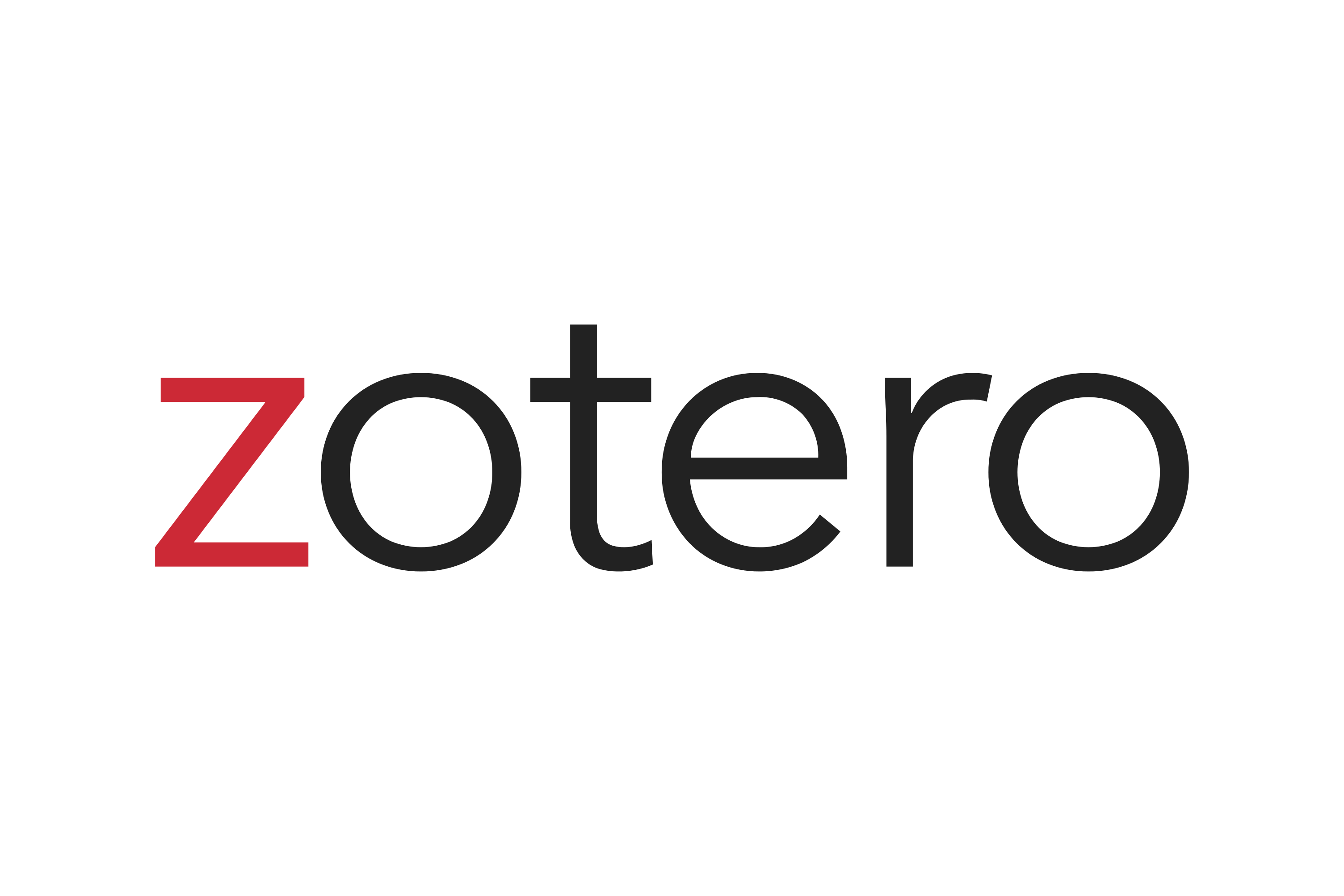PEMIKIRAN G.H.A. JUYNBOLL TENTANG HADIS
Analisis Teori Common Link Dalam Periwayatan Hadis
DOI:
https://doi.org/10.32678/alfath.v8i2.3062Keywords:
juynboll, common linkAbstract
Teori common link yang diajukan oleh sarjana barat untuk menelusuri asal usul periwayatan hadis dapat dimanfaatkan guna membuat penanggalan sebuah hadis. Penelitian ini akan menemukan perawi tertua yang meriwayatkan hadis kepada sejumlah murid hingga sampai kepada kolektor (mudawwin). Perawi tertua itulah yang kemudian disebut sebagai common link sebagai orang pertama yang mengedarkan hadis. Dengan mengabaikan interpretasi Juynboll mengenai seorang common link adalah pembuat atau pemalsu hadis, maka kita dapat menyimpulkan bahwa common link adalah tokoh yang pertama kali meriwayatkan sunnah secara verbal. Cara kerja dari teori Common Link ini ialah melalui langkah-langkah berikut: 1)menentukan hadis yang akan diteliti, 2)menelusuri hadis dalam berbagai koleksi hadis, 3)menghimpun seluruh isnad hadis. 4)menyusun dan merekonstruksi seluruh jalur isnad dalam satu bundel isnad (pohon sanad. 5)mendeteksi Common Link, periwayat yang dinilai paling bertanggung jawab atas penyebaran hadis. Kemudian metode tersebut telah mengenalkan apa yang disebut Common Link, yang menyebabkan lahirnya konsep-konsep lain seperti Partial Common Link, Spider, Single Strand dan Diving Strand.
Downloads
Downloads
Published
How to Cite
Issue
Section
License
Copyright Notice

Al-Fath: http://jurnal.uinbanten.ac.id/ is licensed under a Creative Commons Attribution-ShareAlike 4.0 International License
An author who publishes in Al-Fath agrees to the following terms:
- Author retains the copyright and grants the journal the right of first publication of the work simultaneously licensed under the Creative Commons Attribution-ShareAlike 4.0 License that allows others to share the work with an acknowledgment of the work's authorship and initial publication in this journal
- Author is able to enter into separate, additional contractual arrangements for the non-exclusive distribution of the journal's published version of the work (e.g., post it to an institutional repository or publish it in a book) with the acknowledgment of its initial publication in this journal.
- Author is permitted and encouraged to post his/her work online (e.g., in institutional repositories or on their website) prior to and during the submission process, as it can lead to productive exchanges, as well as earlier and greater citation of the published work (See The Effect of Open Access).
Privacy Statement
The names and email addresses entered in this journal site will be used exclusively for the stated purposes of this journal and will not be made available for any other purpose or to any other party.










